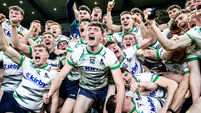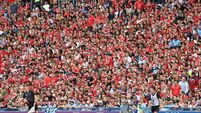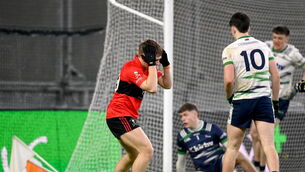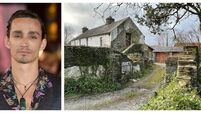‘The abuse I get on social media is worse than ever, more violent’, says Máire Treasa Ní Cheallaigh
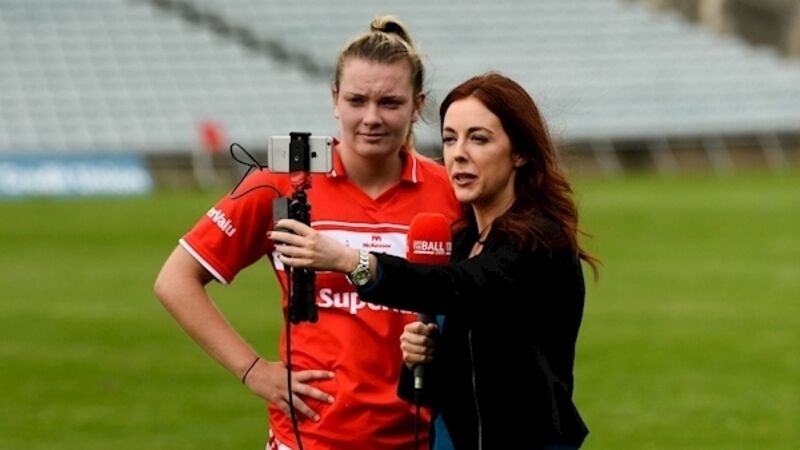
One of my first experiences of sports broadcasting was last year standing on a sun-drenched Cusack Park pitch after a Division Two league game between Roscommon and Clare.
The Roscommon team selector, Liam McHale, was in the centre of a small media scrum wrapping up his analysis of his winning team’s performance.







